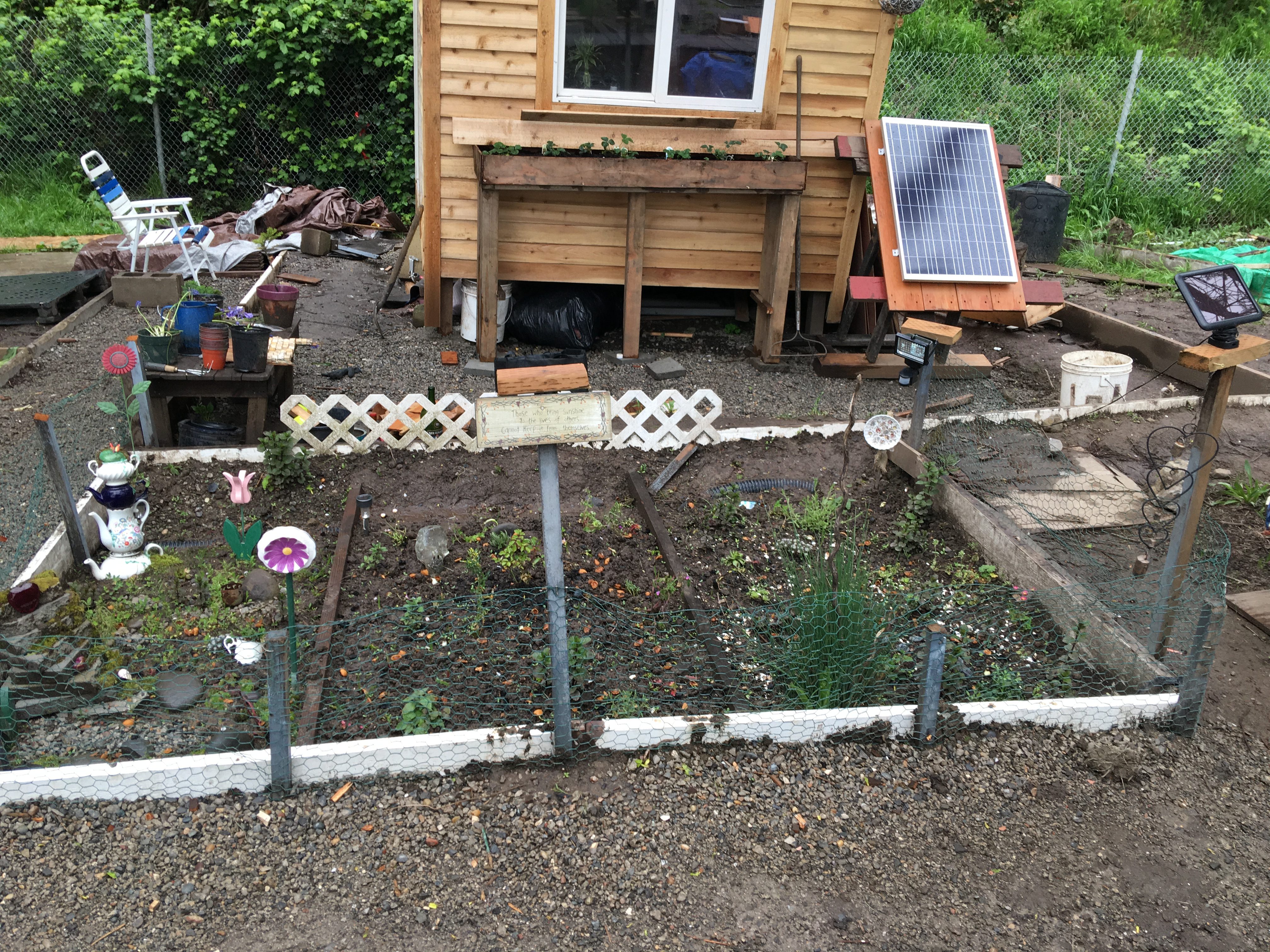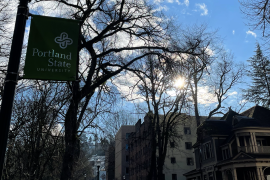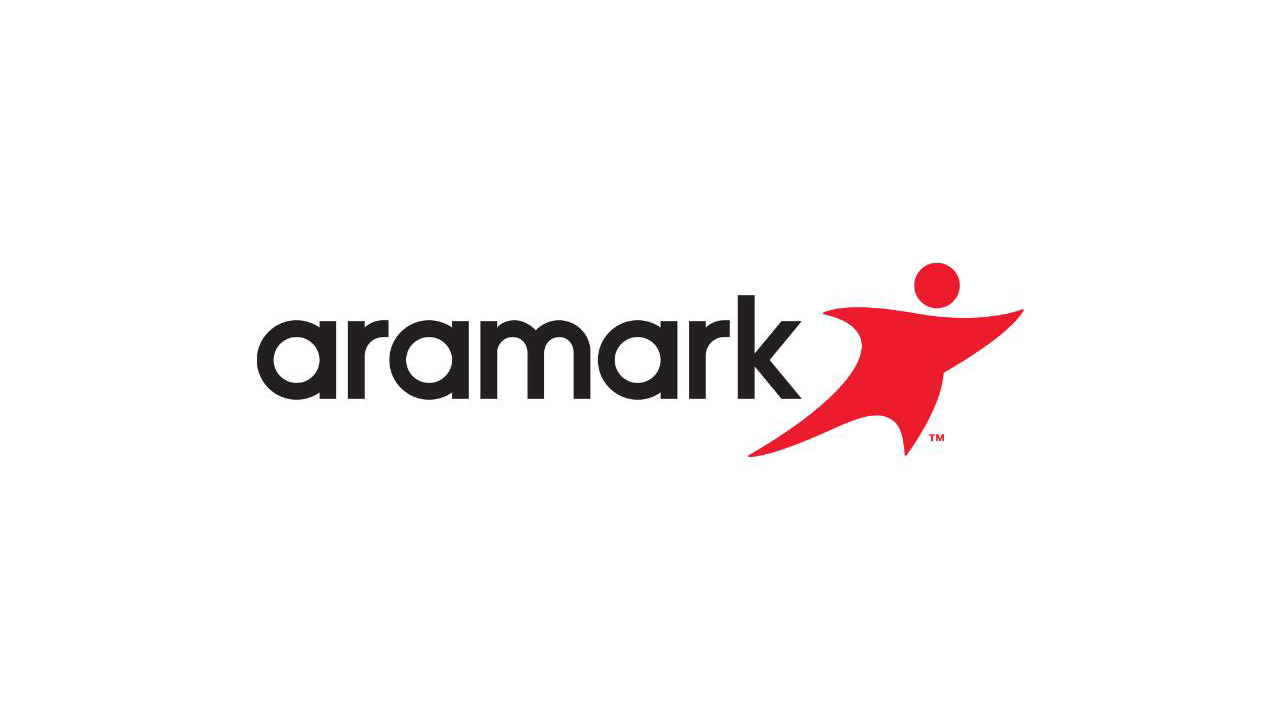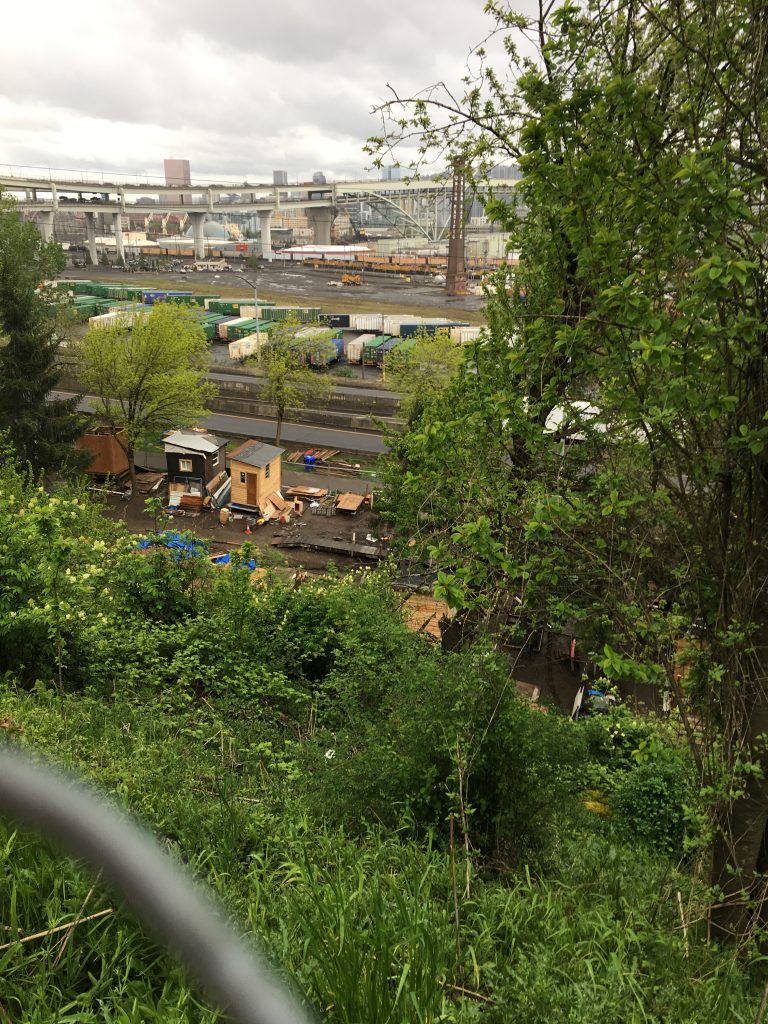
Portland has a homeless crisis, especially downtown, due to the limited number of resources available to homeless people. The shelters around town are at maximum capacity. Many people on the streets don’t have easy access to the internet, but one of the first organizations that appears from a Google search of “Housing Resources Portland” is Portland Homeless Family Solutions (PHFS).
Kurt Briggs-Ungerer, the Program Director at Portland Homeless Family Solutions, sat down to answer a few questions about his organization and how they help the homeless of Portland. The following interview has been edited for clarity.
What is Portland Homeless Family Solutions?
“PHFS is a non-profit organization, which works on the housing-first philosophy and has two main programs: a shelter program and a housing-first program. We mainly help families. A family is defined as an adult and a child under the age of 18 or a pregnant mother. Our shelter houses between 25 to 30 people and is located in the Goose Hollow neighborhood and offers food, laundry, classes, showers, etc. Our housing first program has housing specialists who go out, find individuals, and figure out financial assistance to get them into a home. For that, we offer a large conglomerate of resources as a retention program to help those individuals better themselves. We can only help those individuals for a year, because permanent housing is just far too expensive. The main issue we have is finding financial support to expand our programs.”
What is the housing-first philosophy and how does it address chronic homelessness?
“Housing being a human right—not as an end goal but a step in the right direction. This helps remove the stresses and anxieties of finding a place to sleep every day.”
What are your thoughts on the homeless camps developing around Portland?
“I think self-governed camps like the tiny villages are a good concept, however not a solution, but a band aid. They certainly cost less than running a shelter. Homelessness just puts poverty in the public eye.”
Your program addresses homeless families and there are programs to help homeless woman, but are there any programs to assist homeless men?
“Unfortunately, there are only two programs that help homeless men, TPI (Transition Projects Incorporated) and CCC (Central City Concern). Most programs tend to address keeping family and woman off the streets.”
Does your program have a required urine analysis?
“No, we do not. This ends up being a major downfall for most homeless individuals, our shelters are, of course, drug and alcohol free facilities, but Housing First is completely self-reported, meaning each person has to self-monitor.”
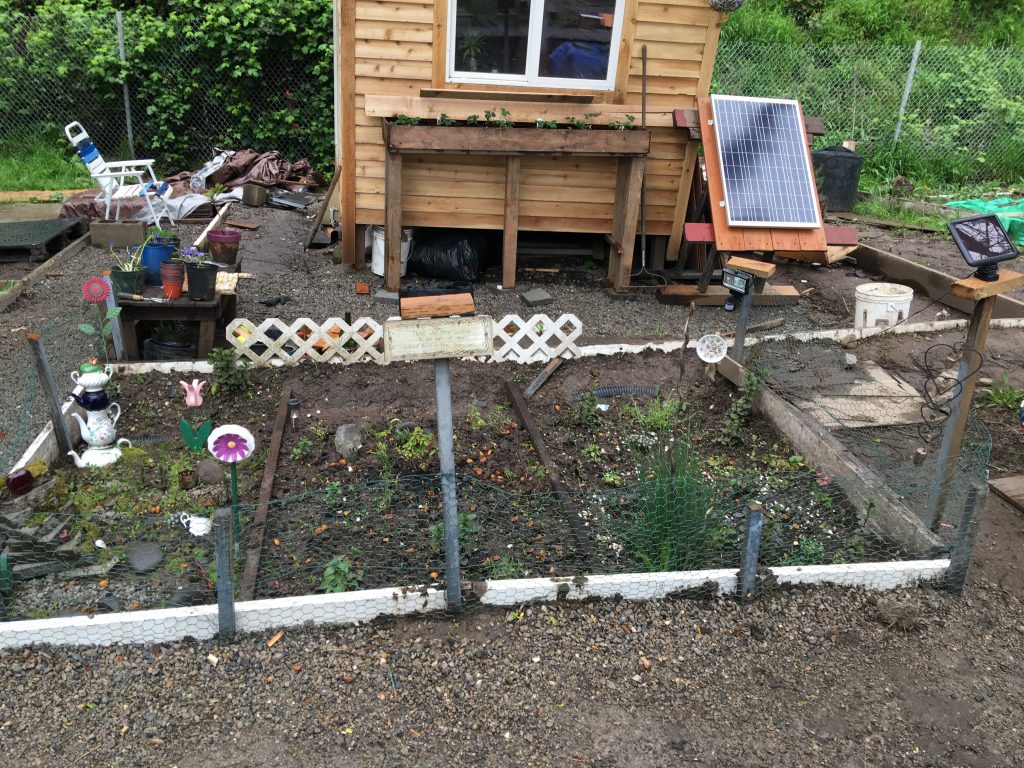
Another program like PHFS is City Repair. They were attending the PSU Earth Day festival and their Program Director Kirk Rea sat down to answer a few questions. The following interview has been edited for clarity.
What is City Repair and how do you address homelessness in Portland?
“City repair is a non-profit organization dedicated to community building in aspects of placemaking, public art, natural building, and permaculture gardening, we are best known for our intersection painting all around Portland.”
What kind of resources does your program offer?
“Our main goal is to support marginalized communities such as the homeless. Recently we were involved in the Kenton’s women’s project in conjunction with members of the architecture department of PSU. This was a program in which the city provided funding for 14 pod homes in the Kenton neighborhood for homeless woman. We were also involved with Dignity Village, R2D2 (Right 2 Dream Too), and Hazelnut Grove. We mainly help out with design and layout. The main issue we encounter is financing for supplies and construction costs.”
At the end of this interview Kirk suggested sitting through a meeting of the Portland Village Coalition, which is the group overlooking all the Homeless village projects in conjunction with the City of Portland.
Vahid Brown is the main chairman of the Portland Village Coalition. This was an open meeting, which meets alternate weeks for the coordination of different village projects around Portland. The first subject brought up was funding that was approved for a village project in Clackamas county (Clackamas county has set aside $300,000 and 10 acres for a village to be built). Then the subject of redesigning mini-pod homes to address any potential design flaws, and to increase insulation was brought forward. Next Overlook neighborhood’s current conflict with Hazelnut Grove, which is the homeless village located near Interstate and Greeley was addressed. The goal was to get a group of volunteers out into the Overlook neighborhood and get statistics about how the homeless village is perceived. It was also announced that the Portland Villages Coalition website had finally been set-up and can be reached at PDXvillagecoalition.org. The last thing on their agenda was several fundraising events scheduled to be held within the next month, the times and dates will be announced next meeting and will be available on their website soon. The fundraisers are being held to try and generate more financial support for the homeless village programs, and to help with supplies for building the villages and acquiring land.
The tiny village projects are a new approach to handling the homeless situation in Portland. Its impact on the improvement is still yet to be determined, largely because the projects are not receiving enough funding to grow more than they already are.

